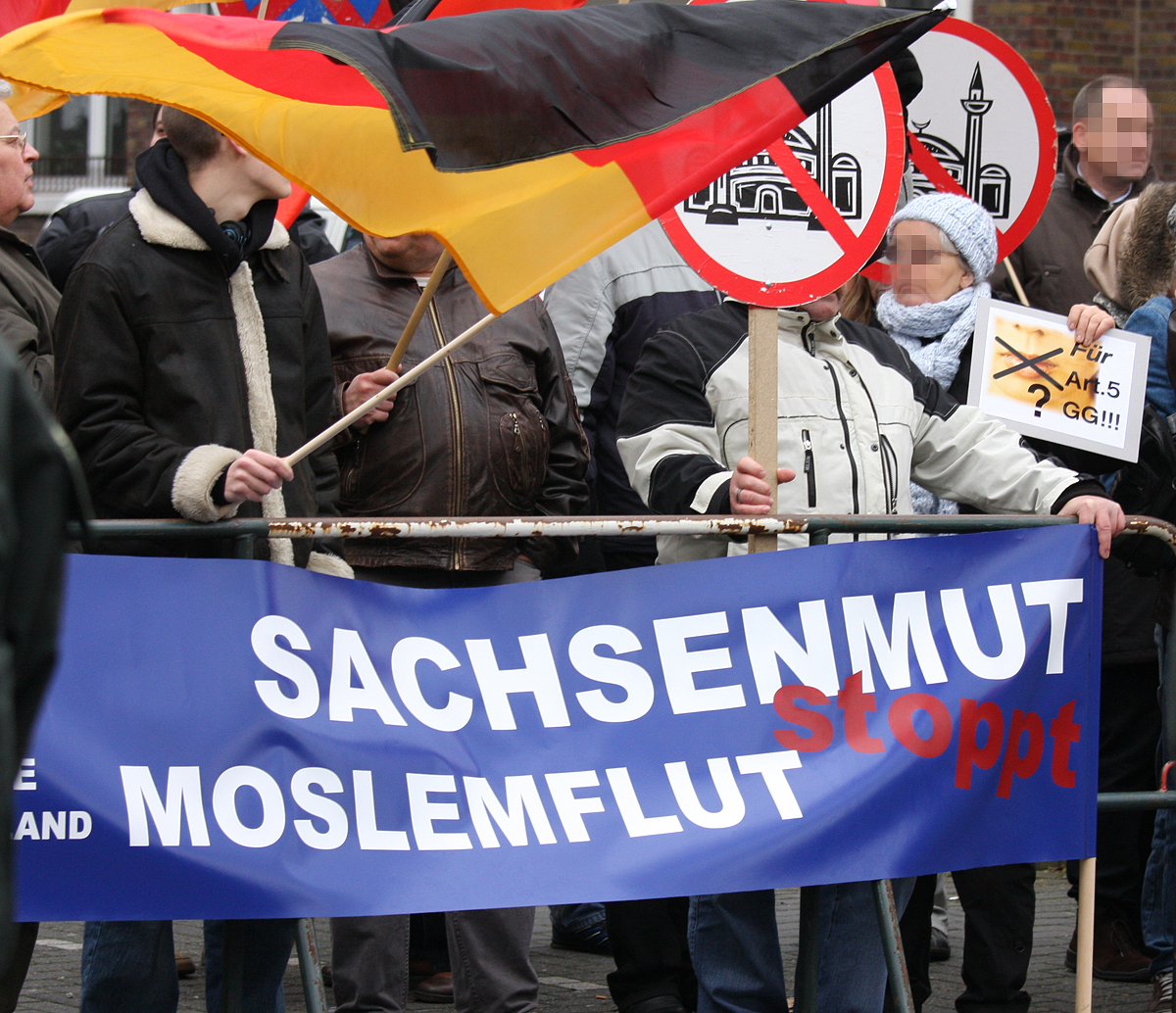
Elham Asaad Buaras
More than thirty mosques were among the targets of a significant increase in reported Islamophobic offences in Germany during the first three quarters of 2025, according to official government data. The attacks formed part of a wider tally of over 930 anti-Muslim crimes recorded by authorities.
The figures, provided in a parliamentary response to an inquiry by the Left Party, documented at least 37 injuries resulting from these incidents, one of which was serious. The Federal Criminal Police Office (BKA) stated that many of these offences are attributable to far-right extremist perpetrators.
While the overall number of reported offences shows a quarterly decline—from 469 in the first quarter to 145 in the third—the cumulative total for the nine-month period indicates a persistent level of hostility. Corresponding suspect figures also fell, from 283 in the first quarter to 85 in the third. These investigations have led to five detentions, though no formal arrest warrants have yet been issued.
The term “Islamophobic crime” encompasses a range of unlawful acts, including property damage, physical assaults, incitement to hatred, and the use of symbols belonging to unconstitutional organisations.
Civil society groups caution that the official statistics likely underrepresent the scale of the problem. The alliance CLAIM, for example, documented 3,080 anti-Muslim incidents in 2024, a figure that far exceeds the BKA’s official count of 1,848 for the same period, suggesting a significant gap between reported crime and community experience.
This climate is set against a backdrop of entrenched prejudice. Studies by institutions such as the Friedrich-Ebert-Stiftung indicate that negative attitudes towards Muslims remain persistent within segments of German society. Analysts note that these sentiments are often amplified by right-wing populist and extremist parties.
The German government has classified Islamophobic acts as a distinct category of politically motivated crime since 2017, allowing for more consistent monitoring. The data released remains provisional and subject to revision.
With a Muslim community of nearly 5.5 million people, the recent targeting of religious sites and individuals has reinforced concerns among authorities and civil society organisations about the challenge of countering extremism and ensuring the safety of all communities.
Feature photo: Far-right protesters take part in an anti-Muslim rally organised by the association “Arbeit, Familie, Vaterland” in December 2008 in Oßling, Bautzen district, Saxony, Germany, highlighting the long-standing presence of far-right, anti-Muslim extremism in the country. (Credit: Jasper Goslicki/WikiCommons)